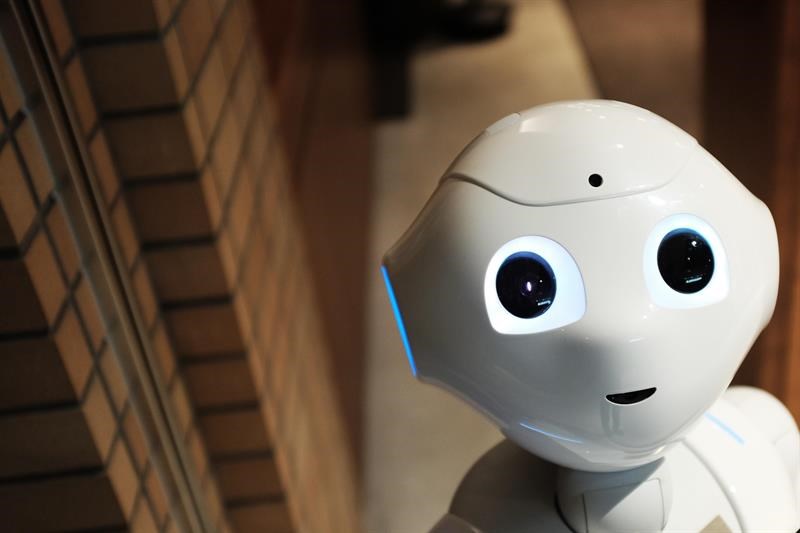Patients ok with 'half price' robotic dentistry
Published: 28/03/2018
Patients are more likely to accept robotic dentistry for non-invasive procedures – particularly if it cuts costs.
That's according to an online survey of 502 individuals (260 female), in which participants were 'significantly less willing to undergo more invasive procedures, such as gum surgery and a root canal, and significantly more willing to undergo procedures such as tooth cleaning or whitening performed by a robot'.
Moreover, the promise of half-price dentistry increased participants' willingness to accept dental care from an autonomous robotic dentist.
Currently, medical robots such as the da Vinci Surgical System are being used to help doctors perform various operations, including cardiac surgery.
Medical robots can help doctors increase the precision, safety and quality of certain surgical procedures as well as rehabilitation and patient-care operations. Yet, robotic dentistry is still in the early stages of development.
In 2017, a robotic dentist in China fitted two dental implants into a woman's mouth. In addition, a US company announced last year that it had received clearance from the US Food & Drug Administration to introduce a robotically assisted dental surgical system, called Yomi.
The Embry-Riddle patient-perceptions survey informed all participants that robotic dentistry is currently being tested. The survey then asked participants to indicate their willingness to have a robot perform 10 separate procedures: teeth cleaning, tooth extraction, root canal, teeth whitening, applying sealant, applying a cap, bonding, gum surgery, applying braces and putting in a filling.
Next, participants were asked similar questions, but with an added incentive: 'Imagine that the dentist offers you a 50% (half-price) discount on all dental work done by a robot... The robot will work autonomously (without human intervention).'
The data from the study revealed some interesting patterns.
In general, 51% of the respondents were moderately or strongly opposed to robotic dentistry, the research group reported. Respondents were particularly wary of invasive procedures like extractions, root canals, and gum surgery, where 66% of the participants were moderately or strongly opposed. Female respondents in general were less likely to be willing to accept robotic dentistry.
On the other hand, there were two procedures that participants were less negative about, including teeth cleaning and/or whitening – here, only 32% of the participants were opposed at full price, and 83% were willing to undergo the procedure if the price was cut in half.
Public-perception surveys of emerging technologies are essential, researchers said, because 'consumers help drive what is acceptable with automation, and healthcare is no exception'.
Robotic dentists have the potential to improve the precision of different dental procedures. Such technology could make dental care more accessible in rural or otherwise underserved areas. Finally, just as aircraft auto-pilot systems allow pilots to focus on safety, Rice added, robots could free up dentists to continuously improve healthcare practices and protocols.
The research was presented at the HFEH event, Factors Affecting Consumers' Acceptance of Robotic Dentists,' by Stephen Rice, associate professor of human factors at Embry-Riddle Aeronautical University and student Emily Anania, with her fellow graduate students Mattie N. Milner, Nadine Ragbir, Matt Pierce and Nathan W. Walters.
Author: Julie Bissett











.jpg?width=150&height=100&scale=canvas)

